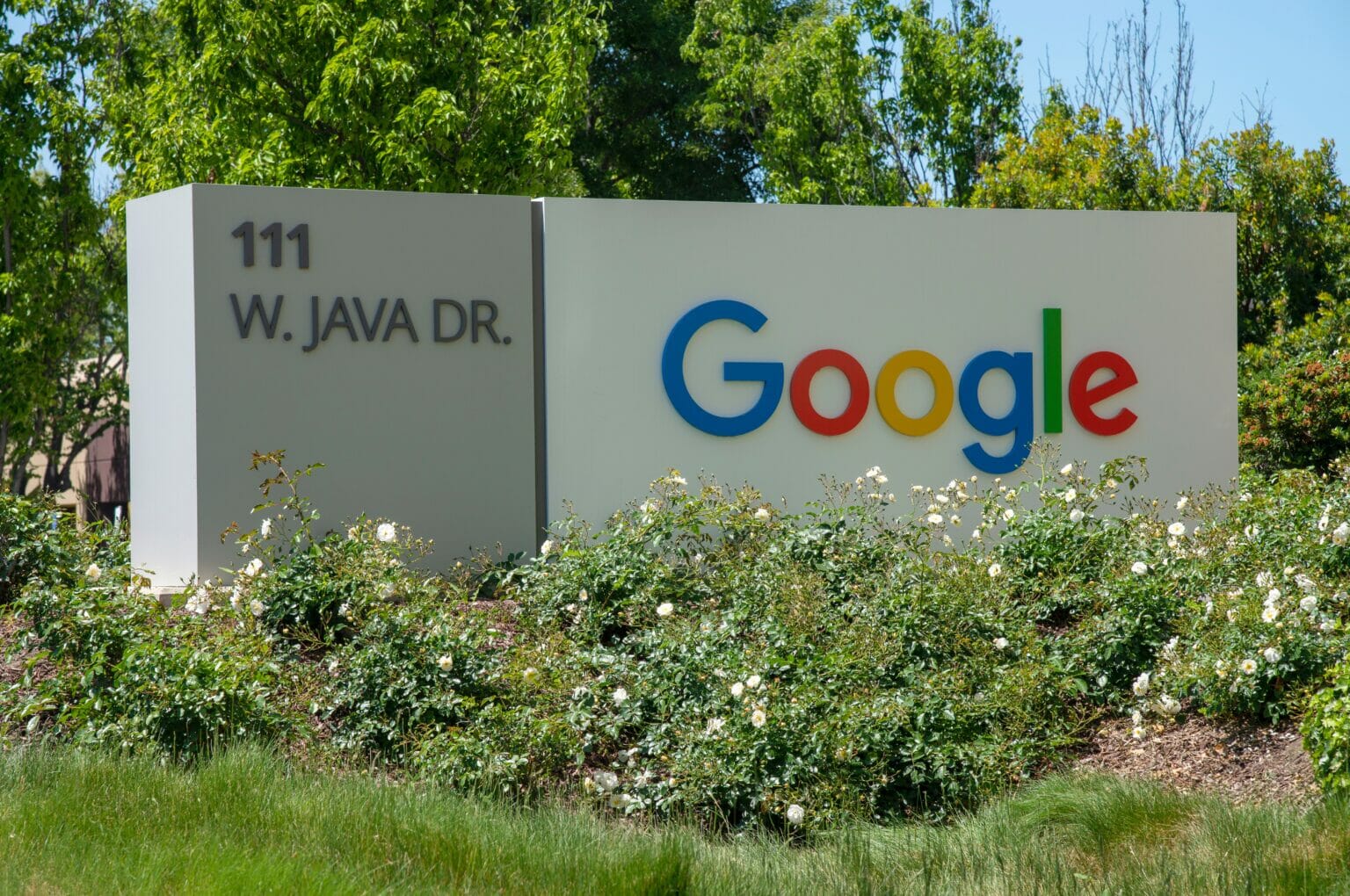Google was given instructions to remove information that was deemed “inaccurate.”
The highest court in the EU has ruled that a search engine must remove false information from search results if a user can prove it.
The Court of Justice of the European Union (CJEU) ruled on Thursday that Google must remove personal information from its search results if users can show that it is wrong.
The case in front of the court was about two business leaders who asked the search giant to get rid of results that linked their names to articles that were critical of the way their companies made money. They also asked for thumbnail photos to be removed from search results.
The court said, “The operator of a search engine must remove references to information found in the referenced content if the person asking for removal can show that the information is obviously wrong.”

Before, Google said it didn’t know if the information was true, so it wouldn’t take it down.
The court said that proof doesn’t have to come from a court decision. Instead, users only need to show proof that they can be asked to show.
People who want free speech and people who want to protect their privacy disagree on how to balance the right to be forgotten and the right to freedom of information online.
In 2014, the court had already ruled that people had the “right to be forgotten” online. This meant that they could ask search engines to remove inaccurate or irrelevant information that came up when someone searched for their name.
A Google spokesperson said on Thursday, “Since 2014, we’ve worked hard to implement the right to be forgotten in Europe and to find a good balance between people’s rights to access information and their right to privacy.”
In 2018, the EU added more privacy rules that say the right to be forgotten can be denied when processing personal information is needed to exercise the right to information.
In 2020, Belgium’s data protection authority fined Google €600,000 ($638,810) for not following the “right to be forgotten” rule. This was because Google didn’t remove links from search results that the agency said were “outdated” and bad for a famous person.
